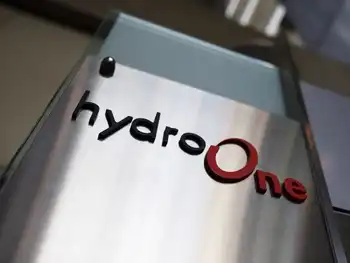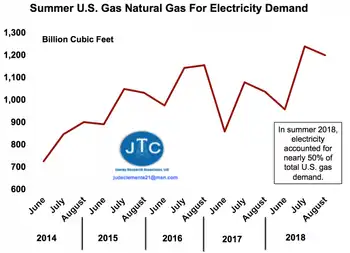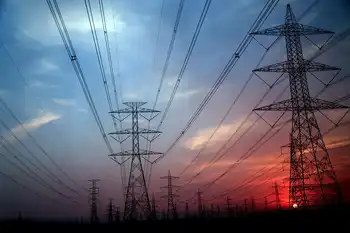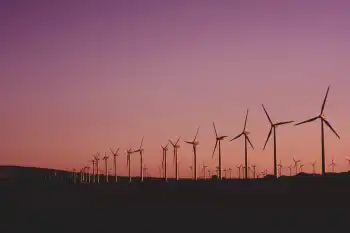Alberta wonÂ’t fund nuclear power: minister
By Globe and Mail
Electrical Testing & Commissioning of Power Systems
Our customized live online or in‑person group training can be delivered to your staff at your location.

- Live Online
- 12 hours Instructor-led
- Group Training Available
“There's no question we're living in a carbon-constrained world,” said Alberta Energy Minister Mel Knight, “And as part of a diversified energy mix, nuclear energy does have a potential to contribute to reduced greenhouse gas emissions.”
The province, which has been studying the issue for more than two years, finally released its public consultation report, which included input from almost 5,000 people.
A telephone survey found that 45 per cent of respondents wanted nuclear power plants to be considered on a case-by-case basis and 27 per cent opposed such proposals.
Mr. Knight said he is not in favour or opposed to any type of power, but he is against public funding or subsidies for future nuclear development.
“We will not invest public dollars in any nuclear proposal,” he said.
A proposal by an Ontario-based company to bring a $10-billion nuclear power plant project to Peace River, about 385 kilometres northwest of Edmonton, has spawned heated debate and protests.
However, Duncan Hawthorne, Bruce Power's president and chief executive officer, said changing market conditions in the past 18 months will force his company to re-examine its plan.
“It's encouraging to see the door remains open for us to demonstrate we can bring value to the province and help Alberta meet its future energy needs without contributing to greenhouse gas emissions,” he added in a statement.
A formal proposal would still need to go through a lengthy federal environmental assessment process.
Bruce Power spokesman Steve Cannon said the lack of public-sector funds is irrelevant in the decision-making process.
But critics said public money would be key.
“I think nuclear in Alberta is dead in the water if the government keeps their promise on that,” said Shawn-Patrick Stensil of Greenpeace Canada.
Across Canada, jurisdictions have been grappling with the nuclear issue, but plans have been put on hold and killed altogether.
Last summer, Bruce Power shelved a plan to build two new nuclear power stations in Ontario citing plunging electricity demand. That came on the heels of the Ontario government's decision to cancel a plan to build a publicly backed new nuclear plant, citing high costs.
Mark Winfield, a York University environmental studies professor, said Alberta's electricity market system, abundance of coal and lack of demand virtually rules out a nuclear plant going up.
“Even if there were the potential for demand, private capital just won't engage with nuclear unless governments in effect are prepared to eat a large portion of the risk,” he said.
In an online video series dubbed “Ask Premier Ed,” Alberta Premier Ed Stelmach suggested Monday he was relying on the input of Steven Chu, the U.S. Secretary of Energy for the Obama administration, who is a nuclear advocate and believes new technology will help deal with waste.
“If any company came forward to build a nuclear plant anywhere in Alberta the period of approval – and mostly done by the federal government – would take many years and I suspect by that time we'll have the technology in place to solve the waste problem,” Mr. Stelmach said.
Although nuclear power sites are now operating in Ontario, Quebec and New Brunswick, a new reactor hasn't gone into service in this country in 17 years.
Saskatchewan, which found most residents opposed nuclear development, is expected to issue a policy statement on the issue soon. That province is a world-leader in uranium production, but doesn't currently refine it.












